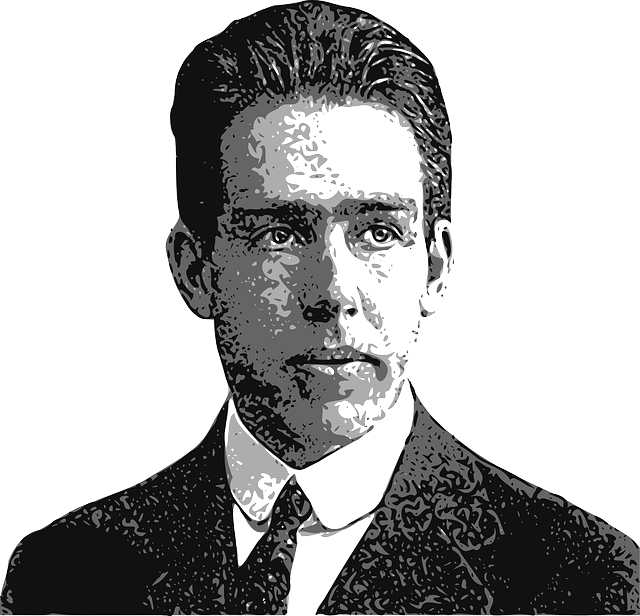The Overlooked Intersection of Quantum Physics and the Bible
Written on
Chapter 1: The Founding Figures of Quantum Physics
It raises a question as to why the early pioneers of Quantum Physics seemed to overlook biblical texts in their scientific inquiries. Many of these influential scientists were of Jewish descent, with the Torah being integral to Jewish life. Even secular Jewish families often possess a fundamental understanding of the Scriptures. Here’s a brief list of notable Jewish figures who significantly contributed to Quantum Physics: Felix Bloch, Max Born, Albert Einstein, David Finklestein, Oskar Klein, Lise Meitner, John Von Neumann, J. Robert Oppenheimer, Wolfgang Pauli, Michael Shlesinger, Otto Stern, Leonard Susskind, Stephen Weinberg, Edward Witten, Eugene Wigner, Max Abraham, William Edelstein, Max Jammer, Rudolph Peierls, Richard Feynman, Leo Szilard, Murray Gell-Mann, and Niels Bohr.
These individuals, recognized for their remarkable intellect and capability, have prompted various discussions regarding the prominence of Jewish scholars across multiple disciplines. Whether one agrees or not, a straightforward answer is that they are often seen as God's chosen people. The Old Testament suggests that those who harm the Jews provoke divine ire, hinting at a historical blessing upon the Jewish community. Moreover, Christians owe their salvation to the Jewish heritage, as Jesus himself stated that salvation comes from the Jews; indeed, the New Testament is fundamentally a Jewish narrative.
As these scientists dedicated their lives to exploring the mysteries of the universe, it is perplexing that the numerous instances in the Old Testament where God demonstrates His sovereignty over creation didn’t captivate their curiosity. Examples include Moses extracting water from a rock, the parting of the Red Sea, the pillar of fire guiding at night, various accounts of resurrection, manna from heaven, divine fire consuming offerings, Ezekiel's miraculous transportation to Jerusalem, and the entire creation narrative, among others. The prevailing notion within the scientific community that faith and science are incompatible only adds to this irony.
The New Testament also illustrates instances of divine intervention in natural laws. For example, in John 6:16–21, the disciples, after setting off across the lake, encounter a fierce wind and rough waters. Upon seeing Jesus walking on the water, they are frightened until He reassures them, and upon His entry into the boat, they reach the shore "immediately."
This notion of "immediate" transition is striking.
Stephen Hawking famously remarked, “If we do discover a complete theory, it should in time be understandable in broad principle by everyone, not just a few scientists. Then we shall all be able to take part in the discussion of why it is that we and the Universe exist. If we had an answer to that it would be the ultimate triumph of human reason — for then we would know the mind of God.” Unfortunately, Hawking did not grasp that we already possess a text that reveals the mind of God. It is not merely a triumph of human intellect but rather an act of grace, to be received with humility and faith.

Section 1.1: The Jewish Influence on Quantum Physics
The contribution of Jewish thinkers to the field of Quantum Physics not only reflects their intellectual capabilities but also their cultural and religious background that intertwines with scientific exploration.
Subsection 1.1.1: The Role of the Torah in Science
Section 1.2: Faith and Science: A Complex Relationship
Despite the apparent conflict between faith and science, numerous examples show that many scientists were influenced by their religious backgrounds.
Chapter 2: Divine Interventions in Nature
The exploration of both Quantum Physics and biblical narratives reveals profound insights into the nature of existence.
The video titled "Quantum Physics And The Bible" delves into the fascinating connections between scientific inquiry and spiritual understanding, offering perspectives on how these two domains can coexist and enrich one another.